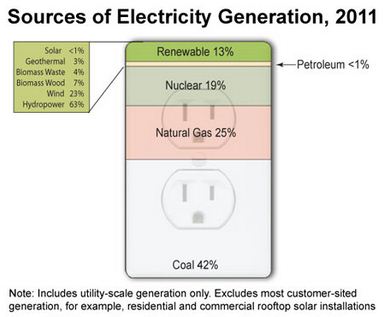GMAC, Make It So
SEARCH BLOG: AUTOMOBILES and GOVERNMENT
Make it so!
Make it so!
Make it so!
Feds Order GMAC to Raise $13.1 Billion to Shore Up Finances Washington Post Staff Writers
Thursday, May 7, 2009; 4:21 PM
The federal government has ordered the financing arm of General Motors to raise $13.1 billion in new capital to ensure the firm's stability in the face of heavy losses in mortgage and auto lending and costs related to taking over new loans for Chrysler dealers and customers, said sources familiar with talks between government and industry officials.
The sum is among the biggest required for any U.S. financial institution, and could prove difficult for GMAC to raise because of the limited nature of its business and poor quality of its loans. The firm has struggled in the past to raise money from private investors and has already received $5 billion in federal assistance. It is likely that the federal government would end up providing much, if not all, of the needed capital, but it remained unclear where that money would come from.
About $4 billion of the total would be needed to cover the cost of assuming Chrysler Financial's dealer and retail auto loans, said one senior financial industry executive.
The bulk of the new capital needed -- $9.1 billion -- would be designed to bolster the existing GMAC against the adverse scenario included in the federal government's recent "stress test" of major financial institutions. The government is expected to release the official results of the stress tests today after the markets close.
Regulators said that GMAC faced substantial risks of new defaults, particularly in mortgage and consumer automobile lending. GMAC's focus on those areas of business has made the firm more vulnerable to losses during the economic downturn than more diversified banks, said the executive.
The restructuring of GM would also result in substantial losses for the closing of hundreds of dealerships and lower values for repossessed, leased or trade-in vehicles. GMAC is a separate company from GM.
GMAC is critical to the success of both GM and Chrysler because it provides money to dealers to acquire inventory and to consumers purchasing vehicles. Part of Chrysler's restructuring plan was that GMAC would assume the role of Chrysler's financial arm.
Indeed! Make it so! Your Federation Government has spoken.
..






